16 and 17-year-olds could be able to vote in the next election
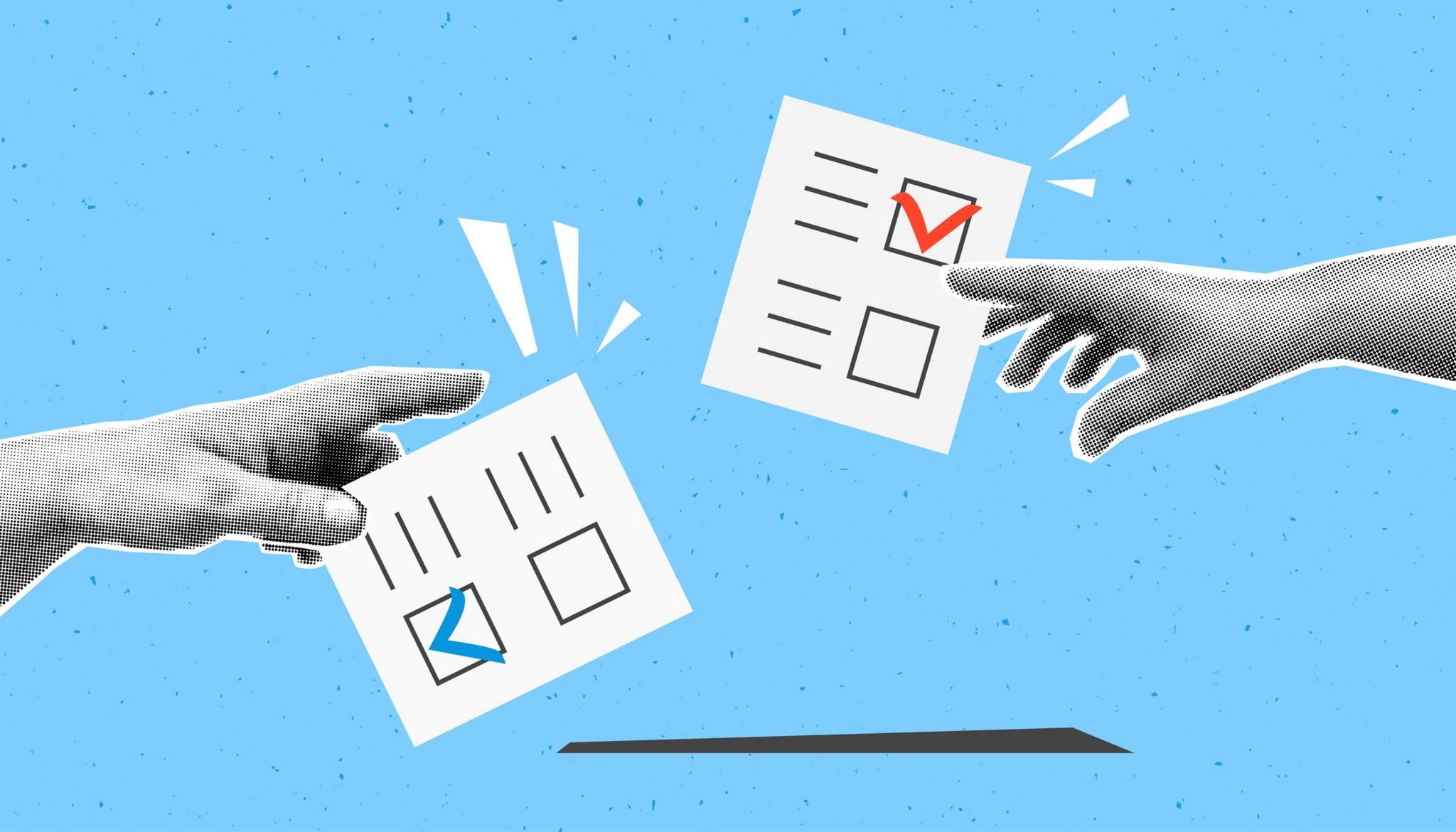
The Labour government pledged to lower the voting age to 16 in their election manifesto last year
- Published
The UK government are planning to lower the voting age to 16, it has been announced today.
At the moment, you can only vote in a general election if you're 18 or older.
In Scotland and Wales, 16 and 17-year-olds are already able to vote in local elections and elections for the Scottish Parliament and Senedd.
The Labour government wants to introduce new legislation which would allow 16 and 17-year-olds to vote in all UK elections, including general elections.
They say it's part of plans to modernise how people vote and increase engagement with politics.
The BBC's Jack Fenwick explains the planned change to the voting age.
How do you win a general election?
- Published24 June 2024
Democracy: Newsround on the General Election
- Published2 July 2024
How do you vote? Video, 00:01:54
- Published26 May 2024
"We are taking action to break down barriers to participation that will ensure more people have the opportunity to engage in UK democracy," the deputy prime minister Angela Rayner said in a statement.
The new legislation will first need to be approved by Parliament before changes to the voting age can officially be brought in.
The government plans to introduce the change in time for the next general election which is due to take place by 2029, but it could happen earlier than this if the current prime minister calls for one.
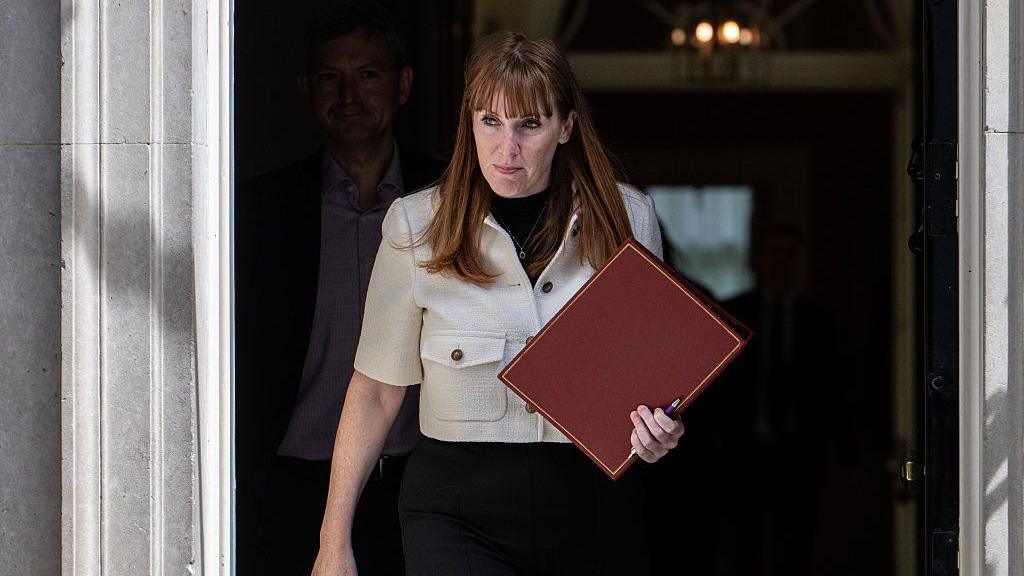
The Deputy prime minister Angela Raynor says lowering the voting age will 'break down barriers to participation'
What have the other parties said?
The Conservative party has challenged the Labour government's decision to lower the voting age to 16.
The party isn't in favour of the change, and has questioned why 16 year olds would be considered old enough to vote, but not be allowed to get married, go to war or to stand at elections.
Reform UK also says it doesn't support the voting age being lowered.
But the Liberal Democrats have welcomed the change. The party say it's a "no-brainer".
Do you think 16-year-olds should be allowed to vote?
What are the arguments for extending the vote to 16 and 17-year-olds?

The Labour government argues many 16 and 17-year-olds already have rights and responsibilities which should give them a say in how the country is governed.
"A young person can work, they pay taxes, they can join the army," the minister for democracy Rushanara Ali told the BBC.
"There's no reason why from that age, they shouldn't have a say in who governs our country."
Those in support of reducing the voting age also say it'll encourage younger people to become more interested in and engage more with politics.
What are the arguments against extending the vote to 16 and 17-year-olds?
Not everyone agrees the voting age should be lowered to include 16 and 17-year-olds.
One argument against the change is young people aren't mature enough and don't have enough life experience to have a say in how the country is governed.
Some opposed to the change believe 16 and 17-year-olds are easily swayed and could be influenced by others when voting.
There are also worries about how lowering the age will affect the outcome of elections as younger people tend to vote for certain parties compared to older people.
What is a general election?
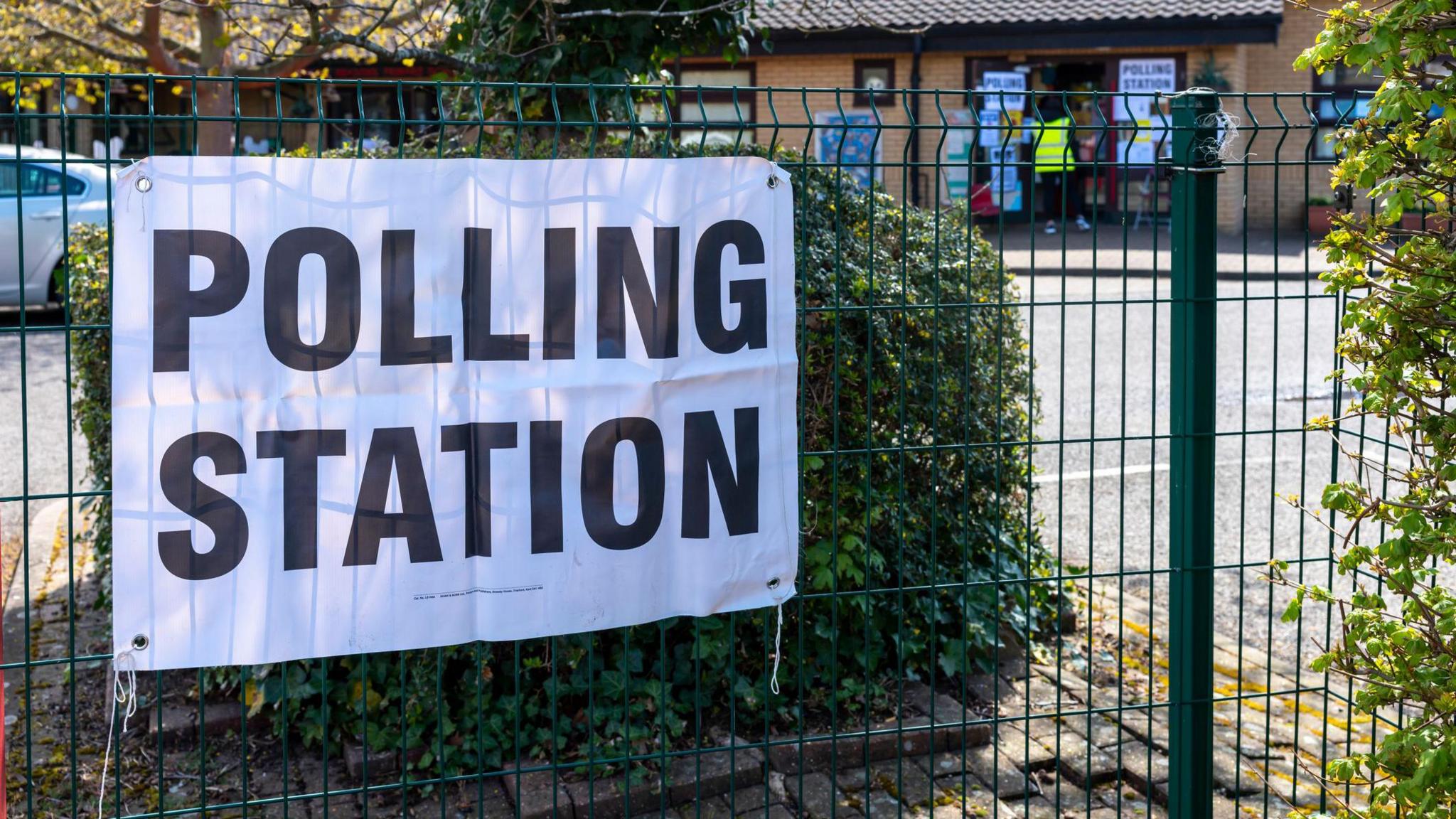
Lots of people go to polling stations to vote during general elections
A general election is a process which allows voters to have a say in who will run the country.
General elections are usually held every five years, but the government can trigger an election earlier.
The UK is divided into 650 areas, called constituencies.
Each area has a person called a Member of Parliament (or MP), who represents it in the House of Commons in London.
During a general election, voters can choose who they want to be their MP.
So a general election is really 650 individual elections that all happen on one day, across England, Wales, Scotland and Northern Ireland.
Each person gets to vote once and the candidate who gets more votes than anyone else in a particular constituency becomes the MP for that area. This is called first past the post.
That candidate wins a seat in the House of Commons.
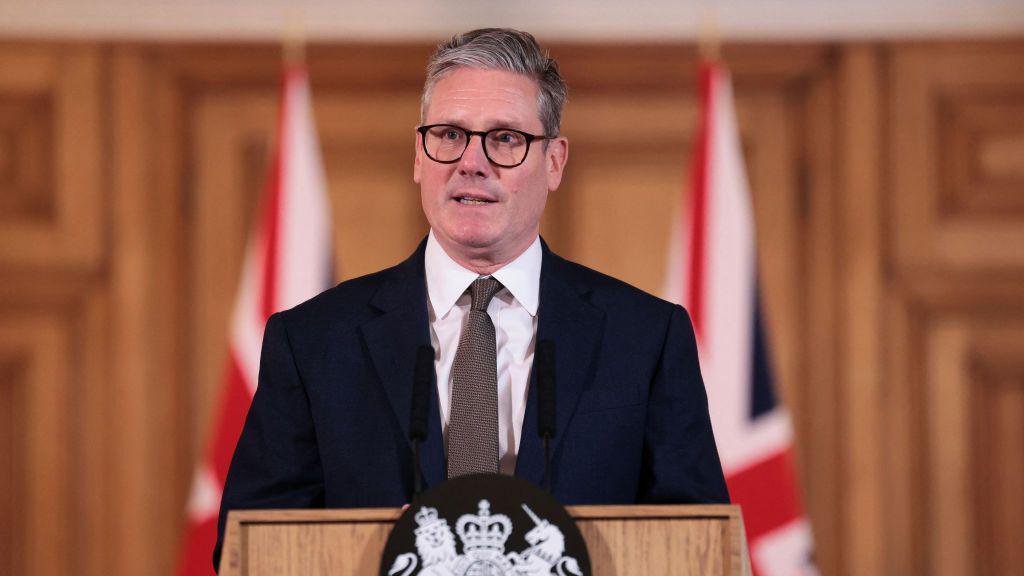
Keir Starmer became the prime minister after the Labour party won an overall majority at the last general election
Most MPs belong to groups called political parties.
To win a general election, a political party needs to reach 326 MPs, which is half of all of them plus one.
If a political party manages to do this, it is called winning an overall majority, as it has won more seats than all of the other parties added together.
If this happens, the King will invite the leader of this party to form the new government.
The party leader will become the prime minister.
What are your rights if you are too young to vote?
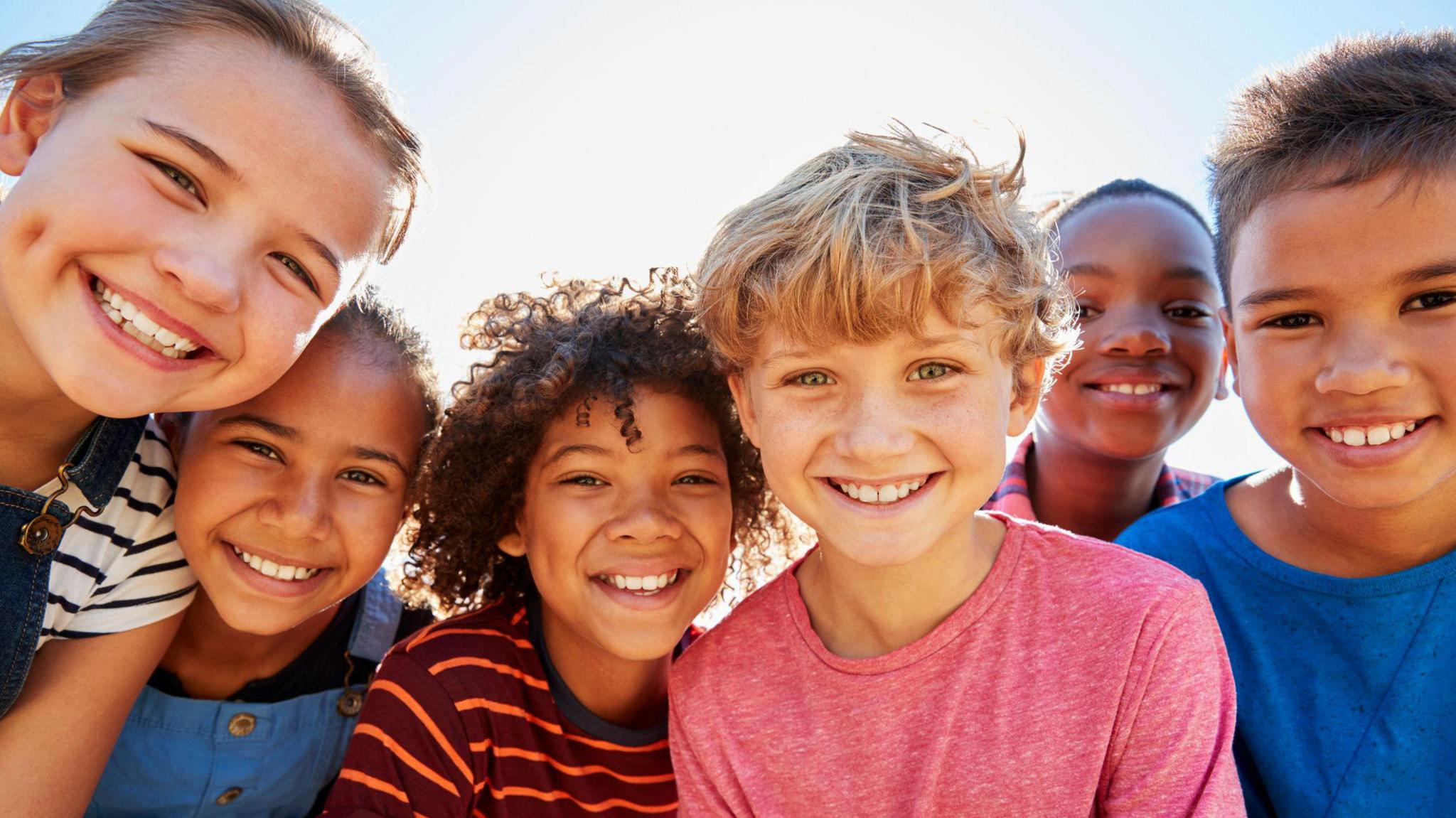
Even if you're not old enough to vote, you still have important rights when it comes to your thoughts, feelings and opinions.
These are included in the United Nations Convention on the Rights of the Child.
This is an international agreement the UK has signed which sets out the rights every child and young person under the age of 18 should have.
It includes the right children have to form their own opinions, to express their views freely and to have what they think taken seriously.
